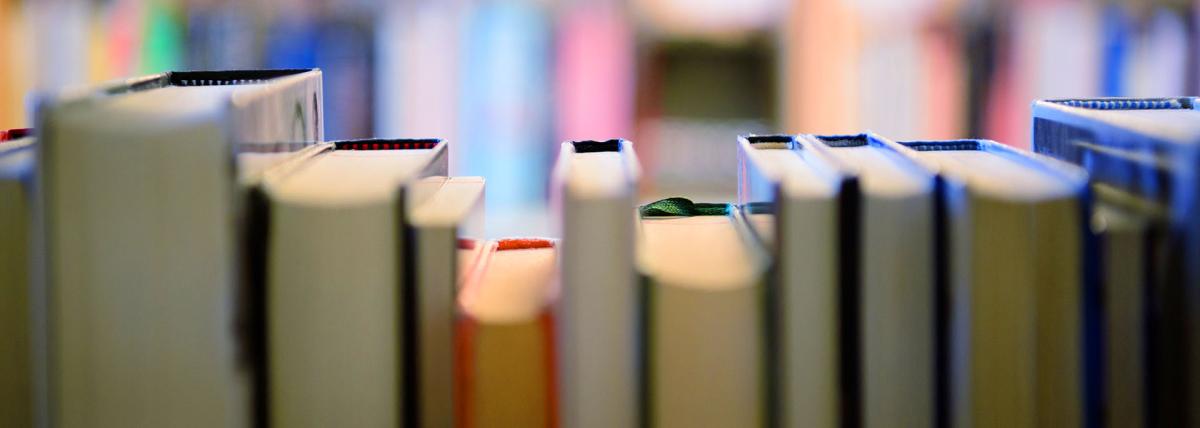
Featured
Makey Makey Storyboards
Grades:
Kindergarten, 1st Grade, 2nd Grade, 3rd Grade, 4th Grade, 5th Grade, 6th Grade, 7th Grade, 8th Grade, 9th Grade, 10th Grade, 11th Grade, 12th Grade
This lesson takes students through the process of creating an interactive storyboard using a Makey Makey circuit board. This lesson can be adjusted for any grade level with examples given in the 4th
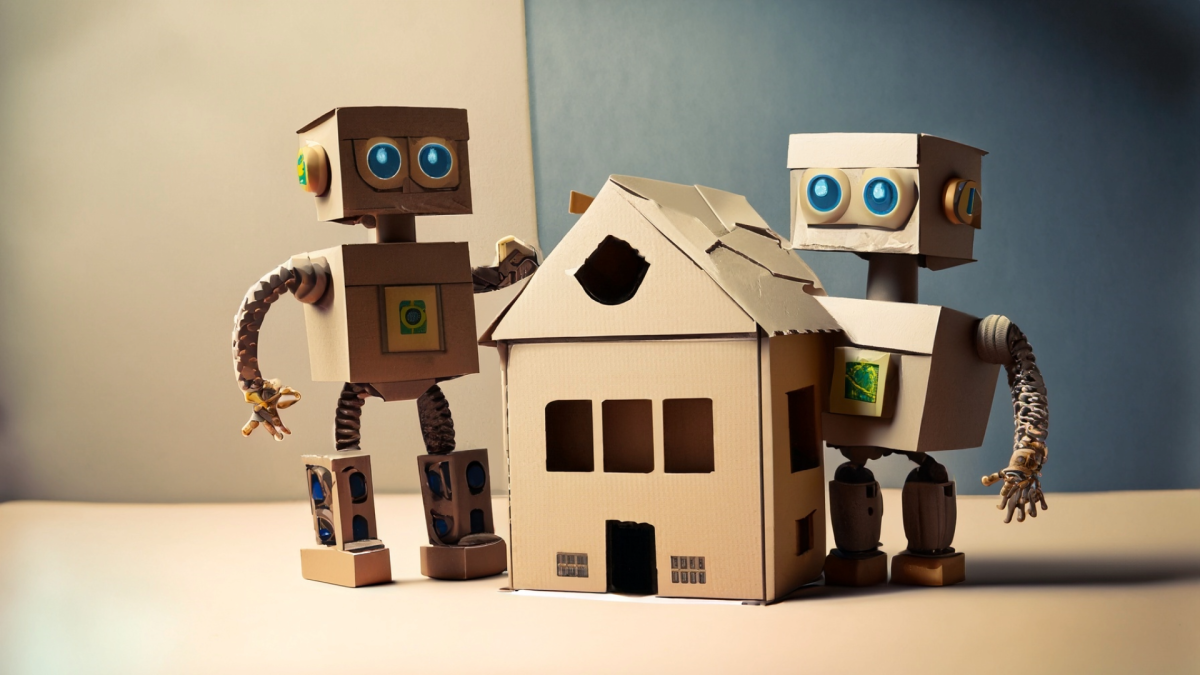
Grades:
6th Grade, 7th Grade, 8th Grade, 9th Grade, 10th Grade
This lesson aims to introduce students to the fundamental concepts of geometry through the lens of architecture. Students will explore the properties of geometric shapes, study famous architectural

Grades:
6th Grade, 7th Grade, 8th Grade, 9th Grade, 10th Grade, 11th Grade, 12th Grade
Are your students fans of Formula 1? If they are or aren't this lesson will take a look into the dominance of Red Bull Racing in Formula 1. Why is Red Bull so dominant? Is it the driver or the

Grades:
9th Grade, 10th Grade, 11th Grade, 12th Grade
Students will work in small groups to create a water filtration system to demonstrate understanding of water purification systems and human influences.
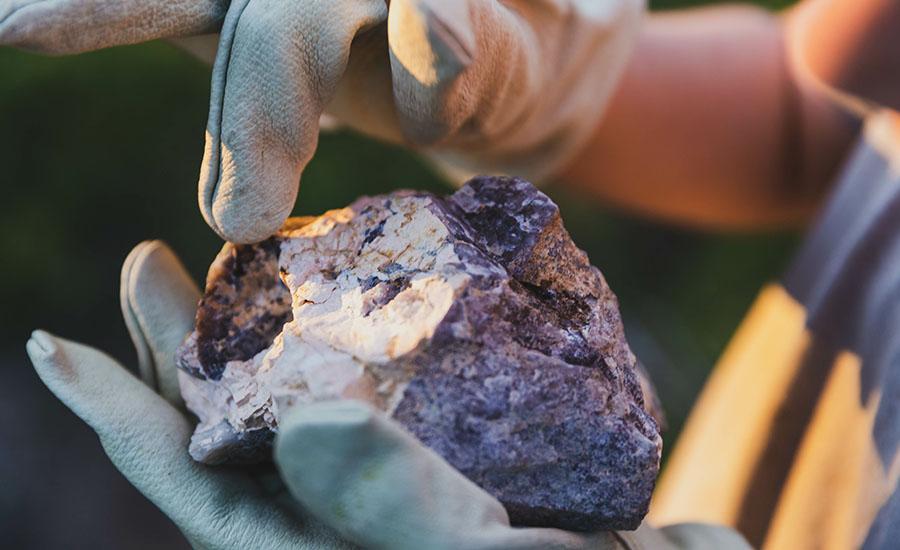
Grades:
3rd Grade, 4th Grade, 5th Grade, 6th Grade, 7th Grade, 8th Grade, 9th Grade
An overall view of mining, minerals, and their role in our everyday life. This lesson compares the past, present and future of mining and it's relativity to sustaining our way of life.

Grades:
5th Grade, 6th Grade, 7th Grade, 8th Grade
Students will use Circuit Playground Express and create a DIY Burglar Alarm

Grades:
9th Grade
This is a cash cow lab experiment, students are going to apply their experiment at the lab. it's a biotech labs that uses the fact that molecules of different sizes move at different speeds

Grades:
9th Grade, 10th Grade, 11th Grade, 12th Grade
Students pull wooden "sleds" with different masses on them over various types of surfaces with spring scales (force meters) to calculate the different coefficients of friction. Students graph the data

Grades:
Kindergarten, 1st Grade, 2nd Grade, 3rd Grade, 4th Grade, 5th Grade, 6th Grade, 7th Grade, 8th Grade
Most students are likely familiar with popular films like Happy Feet, Surf’s Up, Penguins of Madagascar, and classic books like Mr. Popper's Penguins. Capitalizing on this familiarity with penguins

Grades:
9th Grade, 10th Grade, 11th Grade, 12th Grade
A high school physics lesson plan asking students to use guided inquiry and discover how current moves through series and parallel circuits. Students then share their results by using technology to

Grades:
9th Grade, 10th Grade, 11th Grade, 12th Grade
A high school physics lesson plan that uses guided inquiry to help students explore the changes in potential difference across resistors connected in series & parallel.

Grades:
7th Grade
Human cells function best within a specific temperature range. Recent scientific data has shown that extreme high temperatures can have detrimental effects on our cells. In fact, repeated exposure to

Grades:
9th Grade, 10th Grade, 11th Grade, 12th Grade
This set of lessons allows students to understand circuitry through different lenses and apply this to simple circuits and electrical calculations.

Grades:
9th Grade, 10th Grade, 11th Grade, 12th Grade
Students are guided through the urgency to create large scale plan solutions for climate mitigation and green energy fuel sources. They will then build and design a bioreactor using algae as a
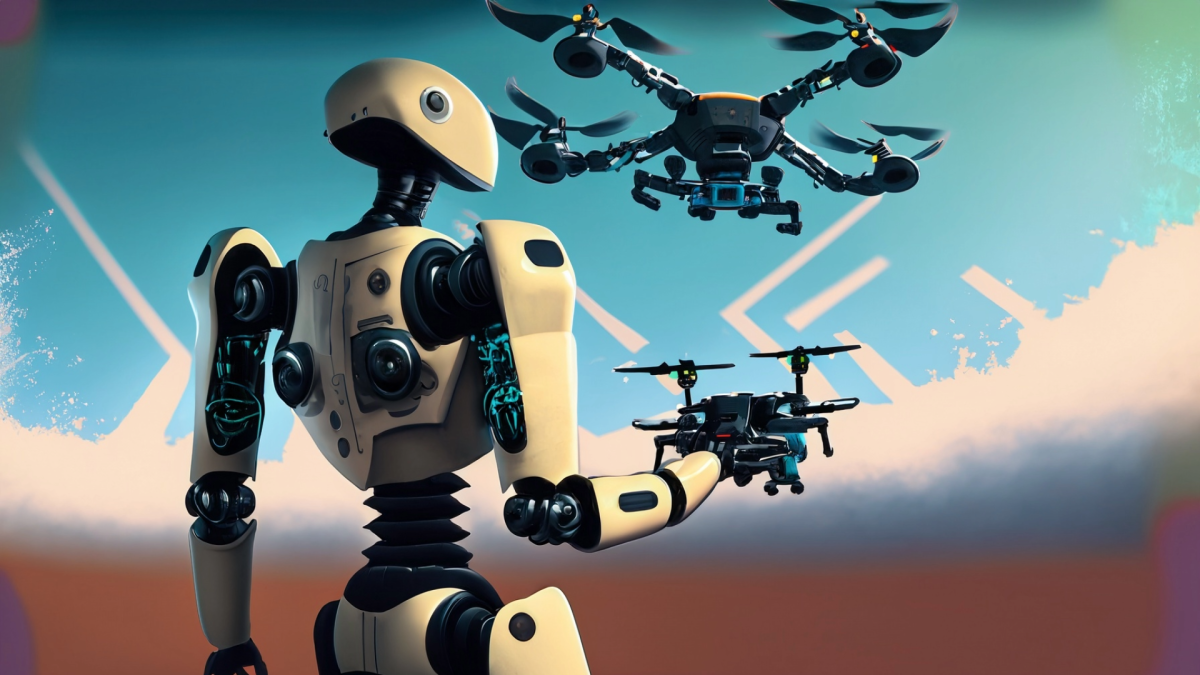
Grades:
6th Grade, 7th Grade, 8th Grade
In the Drone Light Show project, students will explore the intersection of technology, creativity, and teamwork by designing and programming their own synchronized drone light show. Utilizing DJI
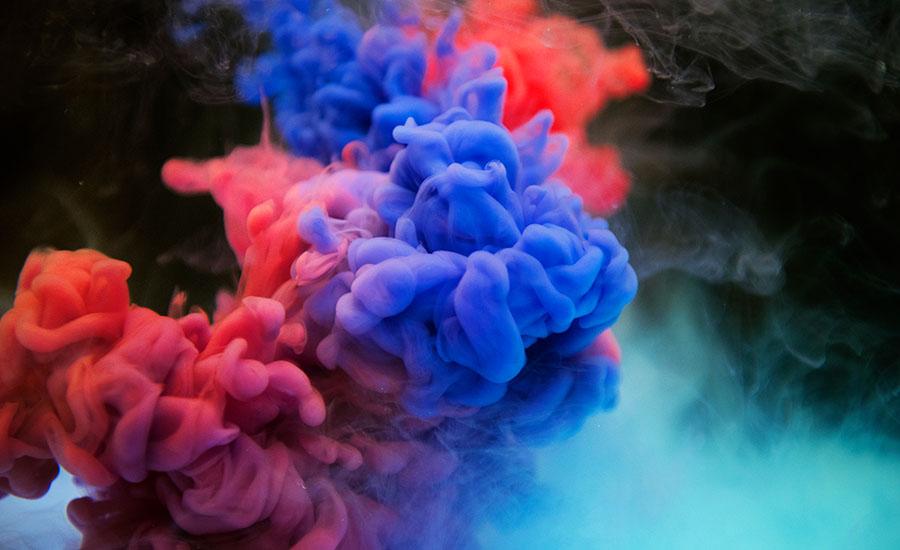
Grades:
8th Grade, 9th Grade
This is the second part of the lesson: Soap Lab - Soap Making. In this lesson, students will take what they learned about soap making and develop a marketing plan for their company. Students will

Grades:
8th Grade, 9th Grade
In this lesson, the phenomenon of soap making will be used to teach the chemical reactions and physical and chemical properties to middle school students.

Grades:
7th Grade, 8th Grade, 9th Grade, 10th Grade, 11th Grade, 12th Grade
This lesson is a whole unit on energy. It can be broken up into 10 separate lessons. I chose to put them all together so that it was easier to see how I organized them so you did not have to search

Grades:
6th Grade, 7th Grade, 8th Grade, 9th Grade, 10th Grade, 11th Grade, 12th Grade
This lesson is designed to encourage students to explore their interests and pursue their passions while diving into the world of STEM. This lesson takes place in a classroom for one semester. 1 hour

Grades:
8th Grade, 9th Grade, 10th Grade, 11th Grade, 12th Grade
A lesson designed for an engineering course but that can be used in a science course where we investigate the physics of waves and how it can be applied to the world of art. Students will design and
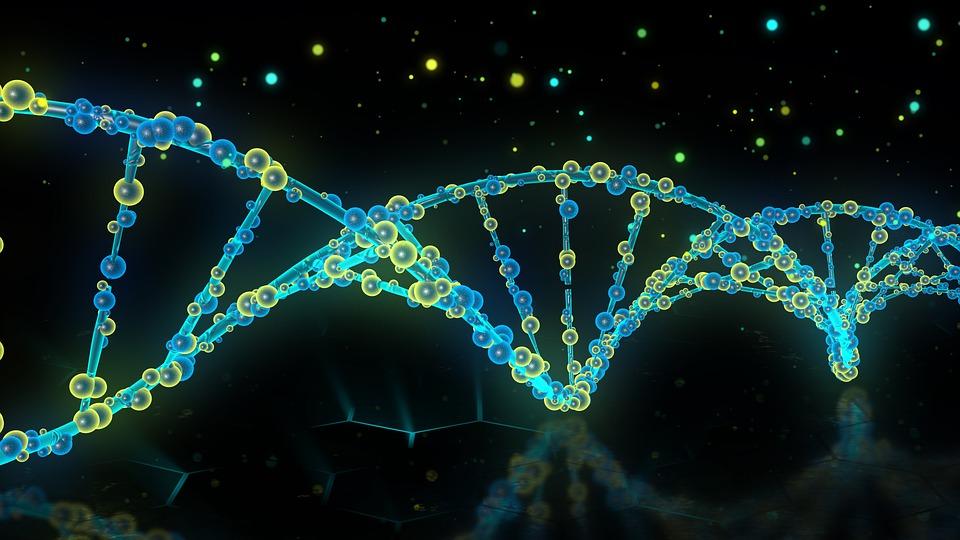
Grades:
9th Grade, 10th Grade, 11th Grade
In this engaging lesson, students will delve into the fascinating world of phylogenetics, using the DNA sequences and genetic information of their selected organisms to construct an automated

Grades:
6th Grade, 7th Grade, 8th Grade
Students will learn the importance of clear, precise communication by directing a partner to navigate a drone through an obstacle course. This exercise will draw parallels to writing clear and

Grades:
6th Grade, 7th Grade, 8th Grade
This lesson helps engage student voice in developing stronger research questions and projects on topics about which they are interested, curious, and passionate. The Question Formulation Technique

Grades:
6th Grade, 7th Grade, 8th Grade
Money, creative urge, ego, desire to help others, intellectual challenge and curiosity - inventors develop ideas for all of these reasons and all are valid, according to Invention City. During this


